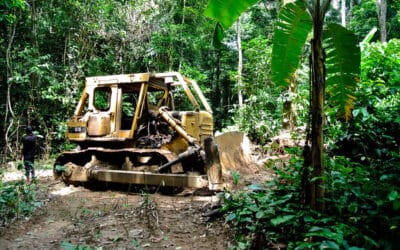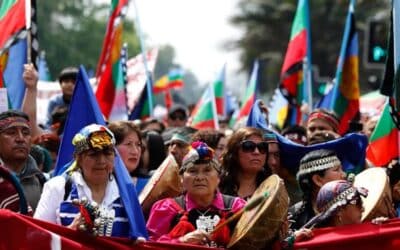Feminist findings and recommendations for achieving Agenda 2030
This global shadow report aims to capture the inspiring and diverse range of work that has taken place through the Women2030 programme over the past five years, which GFC and our member groups have contributed to extensively. It provides bottom-up and evidence-based civil society perspectives on SDG and gender equality progress with a focus on key feminist priorities, structural barriers and opportunities for change. The report ends with feminist recommendations and a call to action for governments, international organisations, women’s rights movements and other civil society to make sure we achieve Agenda 2030 for all.
 Download the full report (English)
Download the full report (English)
Download the summary (English | español | français | русский | Nederlandse)
Help us spread the word! View our social media pack
Over the past five years (2016-2020) Women2030 country partners have produced 38 shadow reports to government’s Voluntary National Reviews on the state of the implementation of the SDGs. The reports are based on desk research, multi-stakeholders’ consultations and participatory gender assessments involving 2,414 people across 20 countries, based on a bottom-up methodology captured in the Women2030 gender impact assessment and monitoring tool.
The country reports provide an evidence-base for monitoring government action and progress on women’s rights and are used as advocacy tools in different policy processes including the High Level Political Forum and Commission on the Status of Women. Four regional reports covering Africa, Asia Pacific, Latin America and Eastern Europe, the Caucasus and Central Asia were produced by the coalition partners. This global shadow report provides a synthesis of the findings of the national and regional reports and the experiences of Women2030 over the past years.
Recognizing the diversity in country reports in terms of focus and data availability, the report highlights key feminist priorities, progress and structural barriers across countries, as well as best practices and opportunities for change.A systemic, feminist and intersectional lens has helped to analyse systemic barriers and dynamics of power, inclusion and exclusion that are crucial to address when working to achieve the SDGs – and SDG 5 in particular.
The Women2030 partners are proud to share this work with you and keen to work together towards a gender just sustainable world.




